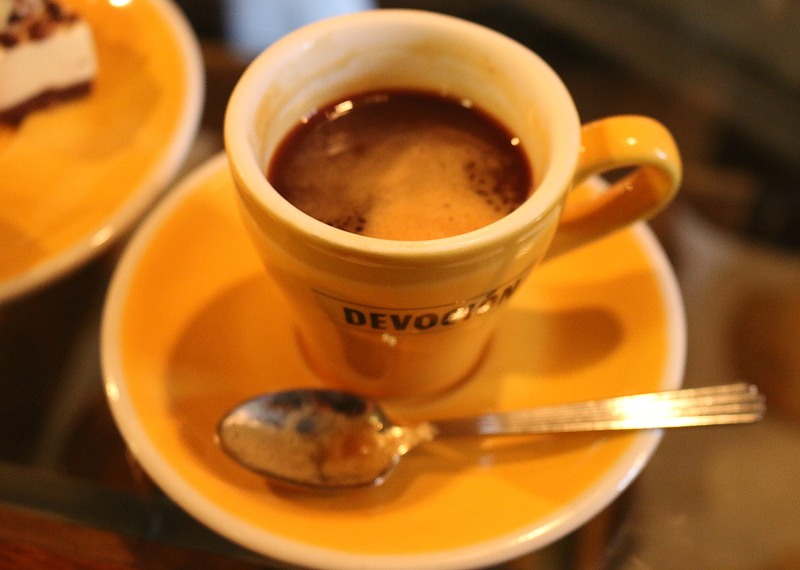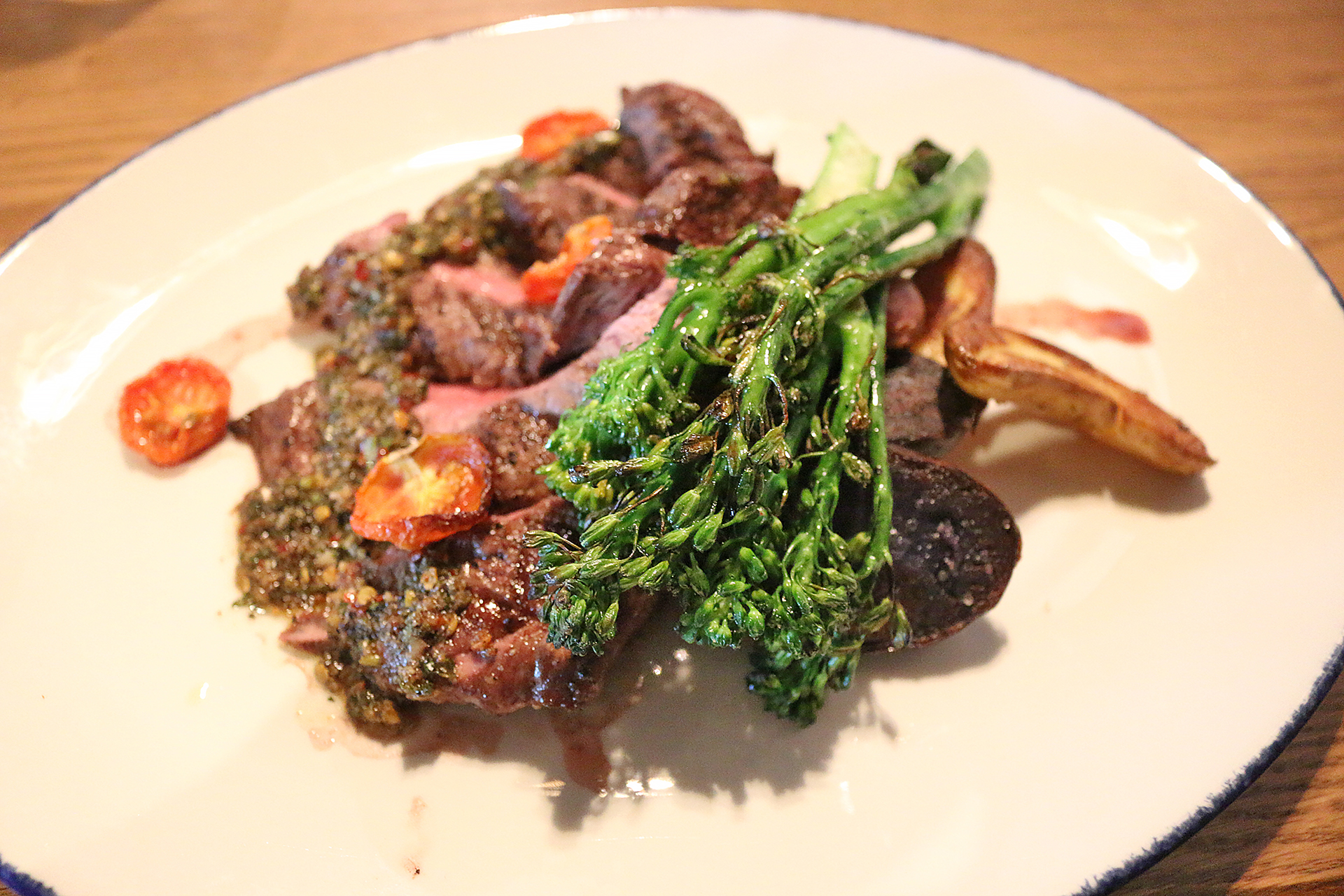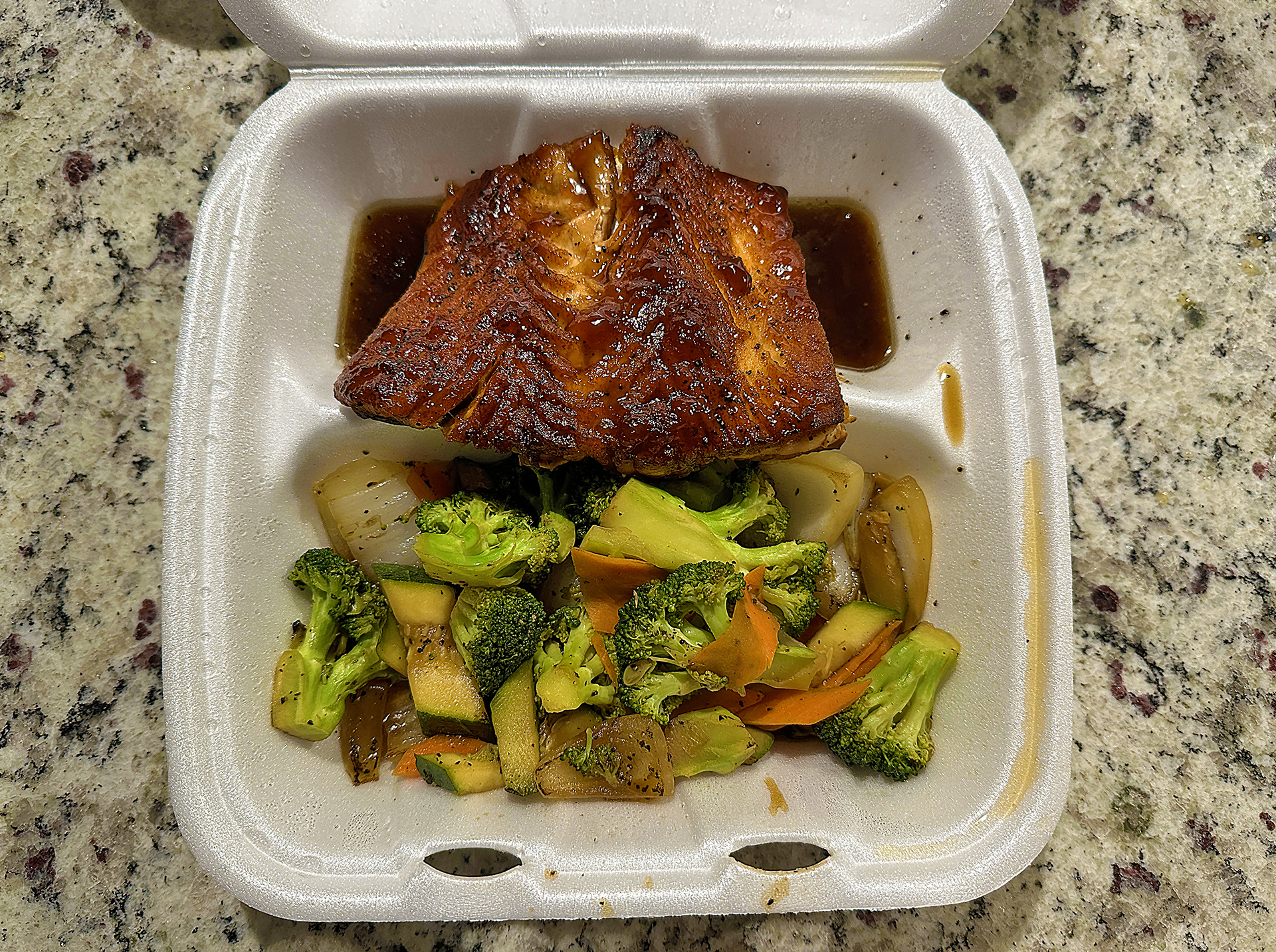We have apparently come to a point in society in the United States at which one of the options to pay as much as a 40% gratuity is being suggested at restaurants and even coffee houses on electronic devices when paying a bill.
Seriously?!?
A 40% Gratuity Suggested at Restaurants? Seriously?!?

The “add tip” functionality that has been added to point-of-sale systems and other evolving technology is purportedly designed to guilt the customer into leaving more money or tipping more often to members of the staff at a dining establishment than the customer might have originally intended. It apparently works, according to this survey by LendingTree, in which 32 percent of dining customers reportedly leave a gratuity of at least 26 percent to servers at restaurants.
Even worse is that those prompts for gratuities — while convenient — also lead customers to tip servers more than they should because they also include government taxes, according to this article written by Medora Lee for USA TODAY. You are better off leaving a custom amount as a gratuity so that you do not pay too much…
…but why would anyone pay a gratuity of as much as 40 percent when dining out or simply enjoying a cup of coffee? The places where I have seen people reporting the absurd amount of suggesting 40 percent is in:
- This discussion on Reddit at a restaurant which includes a screen shot
- This discussion on Reddit at a restaurant which also includes a screen shot
- This discussion on FlyerTalk at a coffee place in Hendersonville in North Carolina — but the latter discussion is in a forum on FlyerTalk that is restricted to members who have met the minimum criteria to participate in that forum
If I would have left a gratuity of 40 percent at this restaurant at which I recently dined with below average service and sub-par food, I would have paid $140.60 instead of $117.00, which was already way too overpriced.
Final Boarding Call

Gratuities are out of control in the United States — and this sickening culture is slowly spreading to infect other parts of the world. Customers are not only expected to pay usurious tips simply for the privilege of picking up food at a take-out dining establishment; but we are also expected to pay gratuities to breakfast attendants at hotel properties, to members of the housekeeping staff even though services may have been significantly reduced, and even possibly to flight attendants — all of this in addition to ridiculous mandatory fees and taxes that are automatically added to our bills. The hamburger that costs ten dollars on a menu costs significantly more by the time a diner is ready to pay for the meal…
…but does a hamburger even cost ten dollars anymore? If the hamburger costs $15.00 and someone leaves a gratuity of 40 percent, that adds six dollars to the total. That $15.00 hamburger suddenly becomes a $21.00 hamburger without even factoring in any tax.
I am neither an endless fountain of cash nor am I an employer of any of these people. How is the fact that they do not earn a decent wage my fault? I do not operate a restaurant or other dining establishment; and I do not want to be in that business. I am not the person who purposely sets the prices on the menu artificially low to give the illusion of what is the actual cost of the meal. Why am I required to cover what business owners cannot — or will not — pay?!?
The main purpose of tips and gratuities is to voluntarily reward extraordinary service — not to force customers to close the wage gap of the servers…
…and with the suggested default for tipping slowly creeping towards 30 percent, does the “service” offered — or, more importantly, the lack of service thereof — warrant paying almost a third of the total bill to package an order and have it waiting?
Even worse is that the percentage left for servers at dining establishments is a percentage of the cost of a meal — and because the cost of food has been increasing, so has the amount for the gratuity, which automatically increases without any change in the percentage for a tip. Dining patrons also mistakenly include government taxes as part of the calculation of which to tip a server.
A tip or gratuity should be earned — not expected. A tip or gratuity should be voluntary — not mandatory.
I suppose I should be thankful that the most expensive suggestion offered to me recently to take out an order of food was “only” 25 percent — but I would be absolutely embarrassed to operate an establishment which has an automatic suggestion to leave a gratuity of 40 percent of any service, which amounts to almost half of the original bill…
All photographs ©2019 and ©2024 by Brian Cohen.

